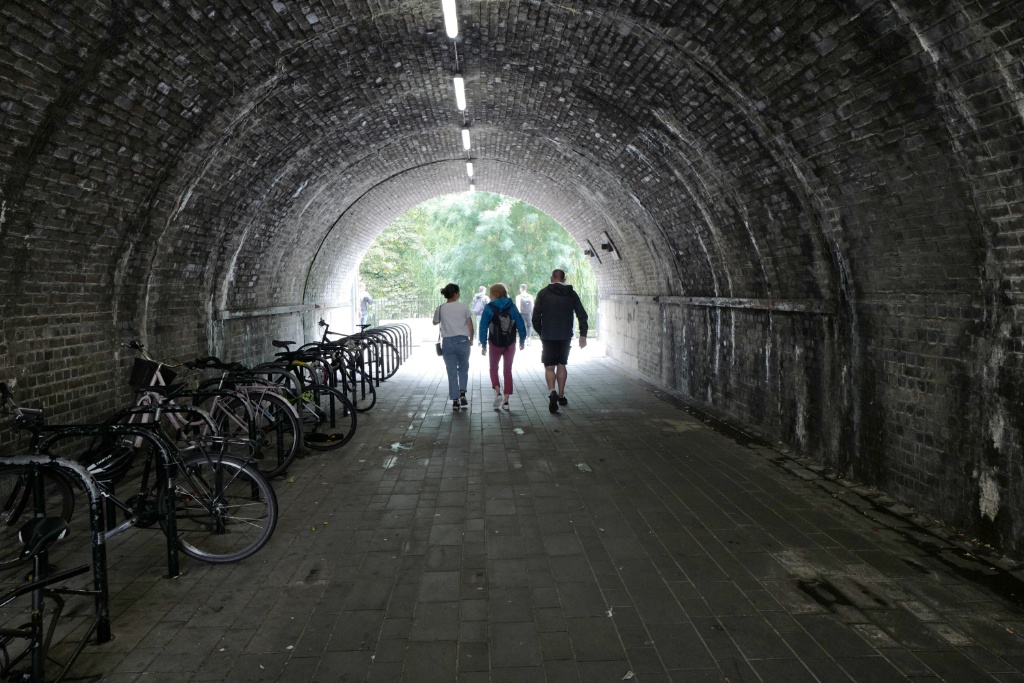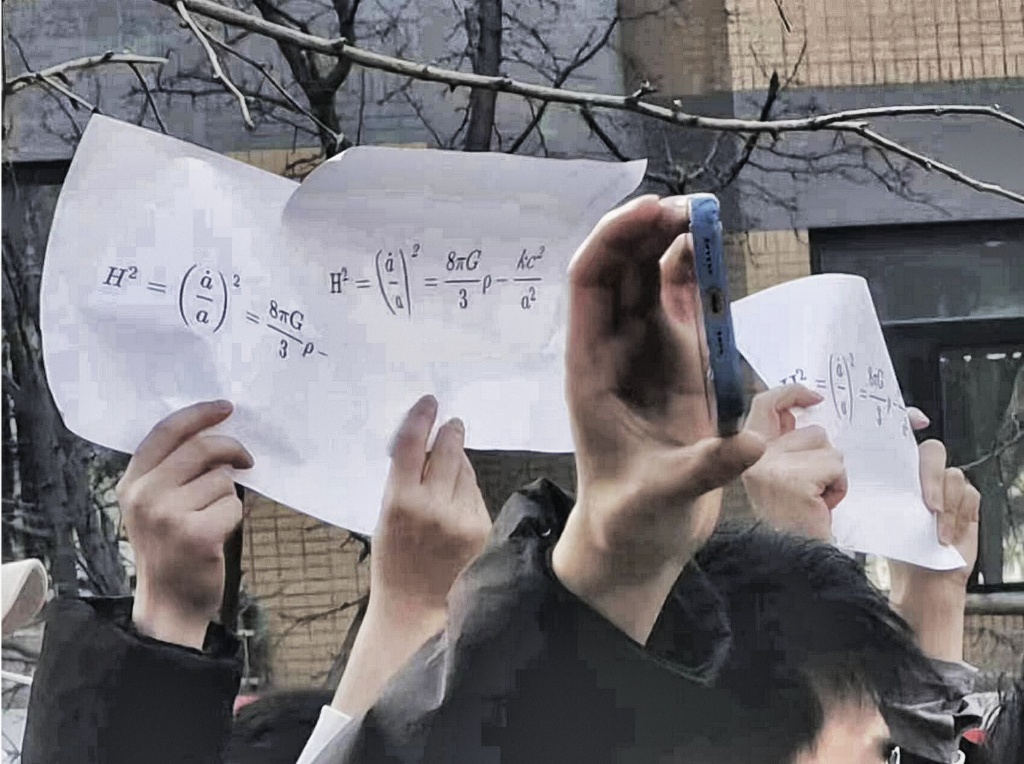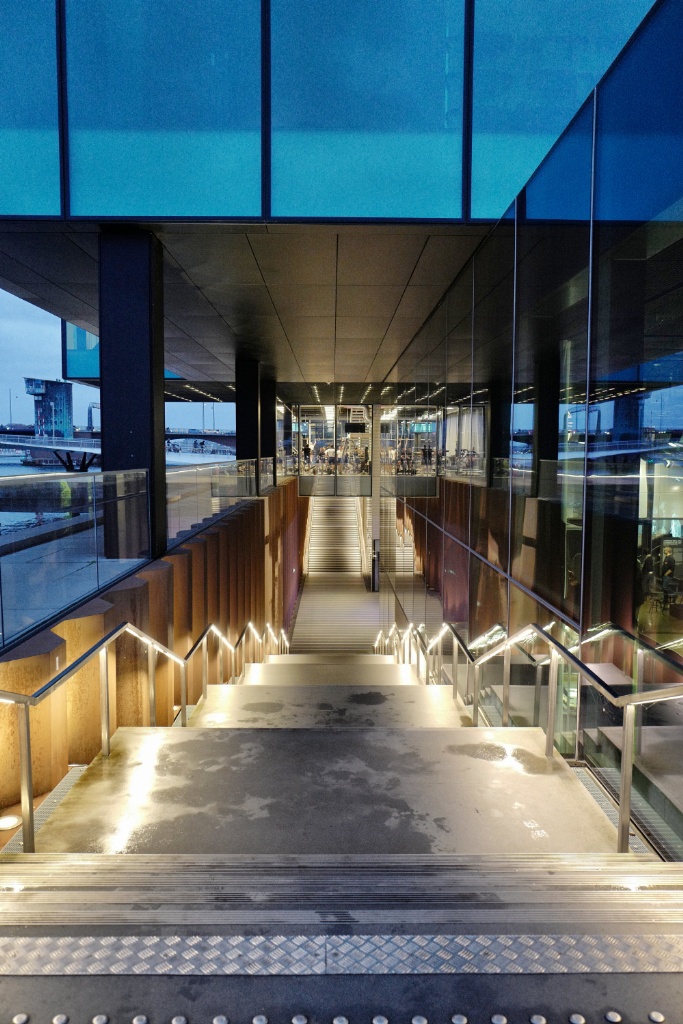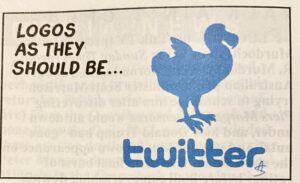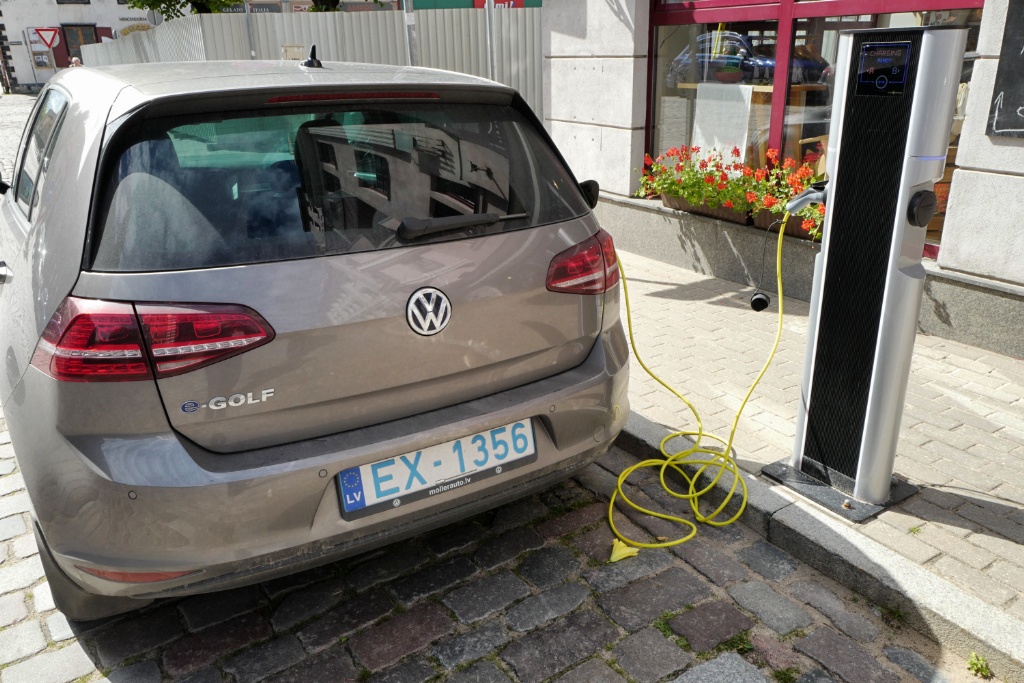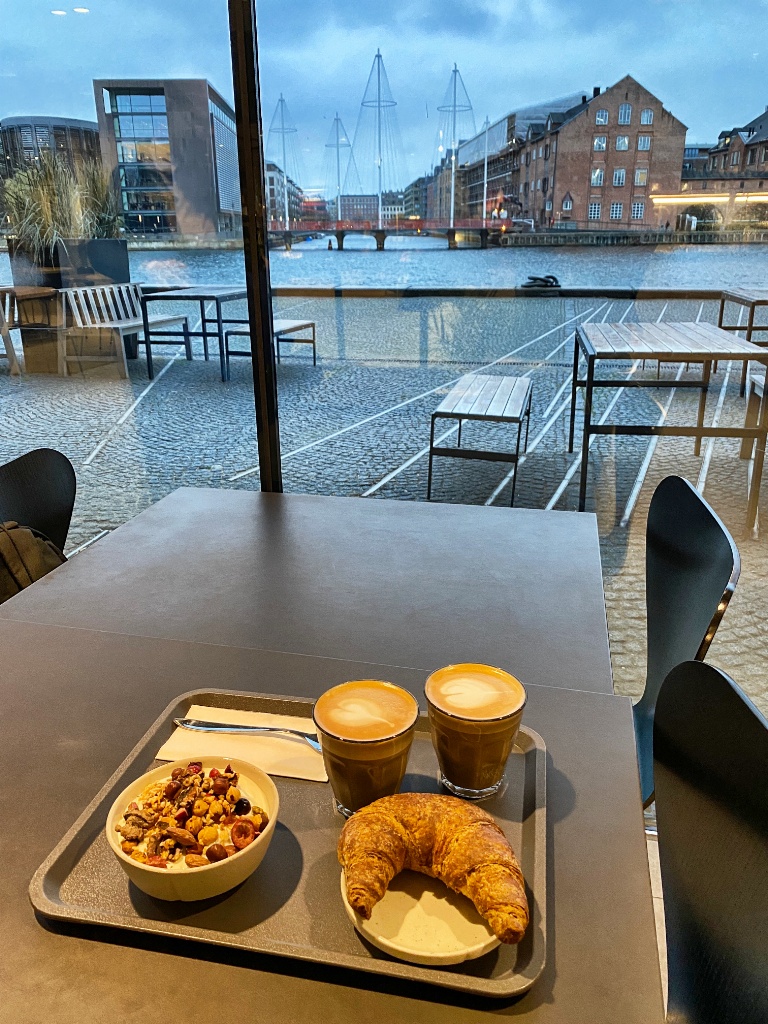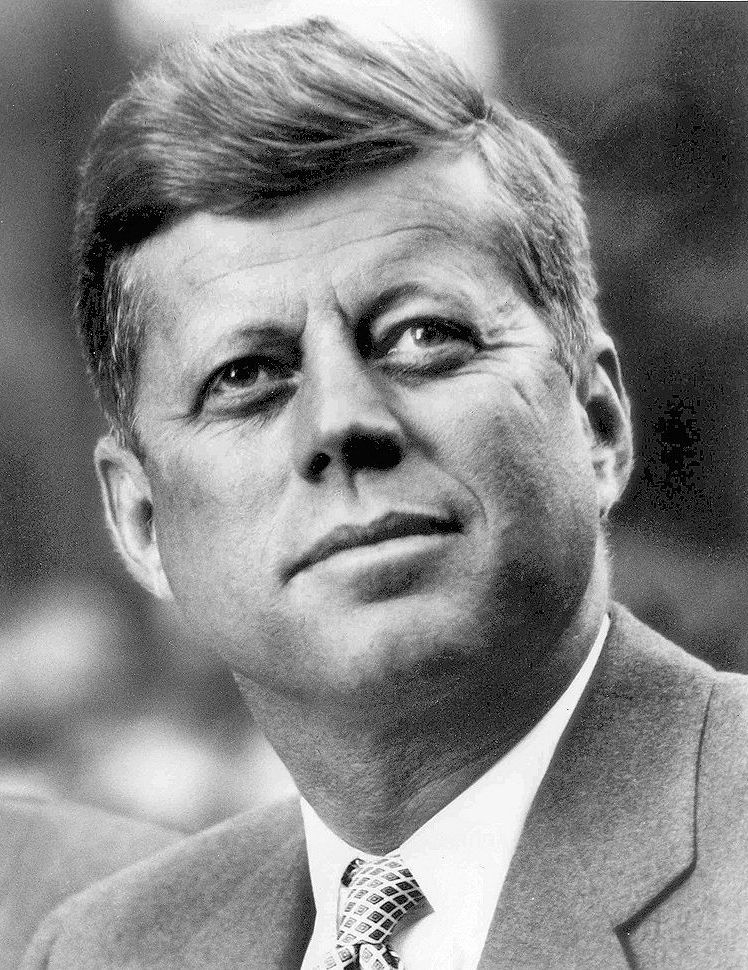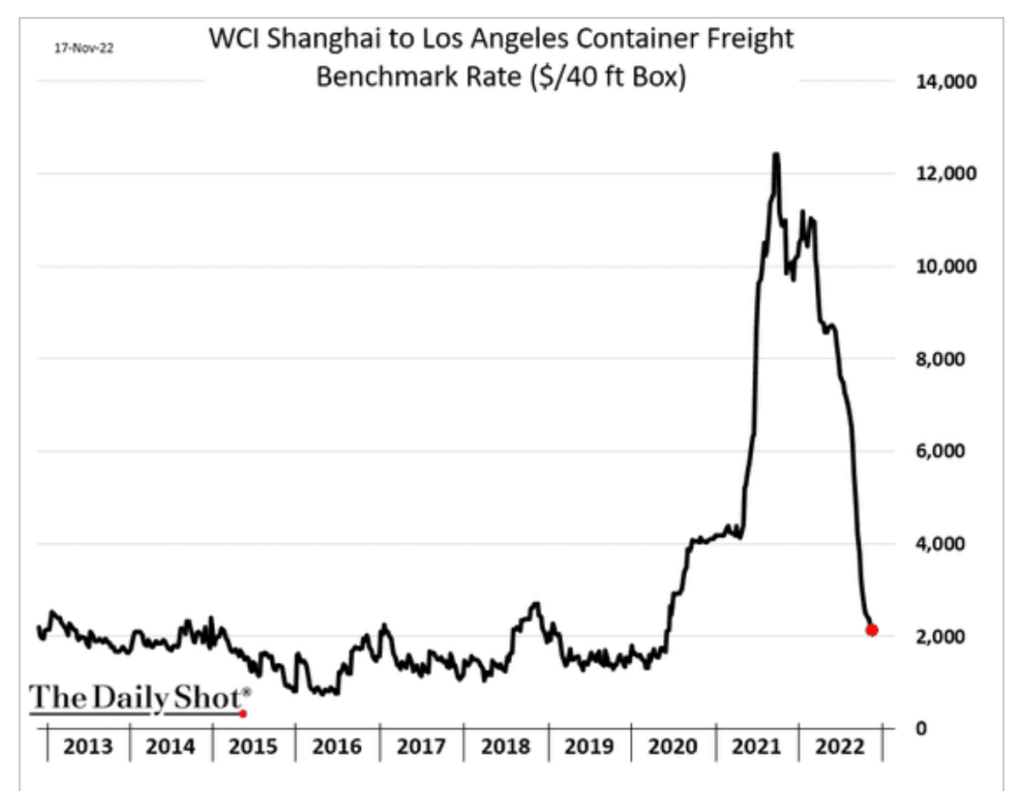Into the Light
Quote of the Day
”I believe in the Church, the one Holy Catholic and Apostolic Church; and nowhere does it exist.”
- William Temple, who became Archbishop of Canterbury in 1942 (and was an outspoken advocate of social reform).
Musical alternative to the morning’s radio news
Eric Clapton | San Francisco Bay Blues
Long Read of the Day
Why Meta’s latest large language model survived only three days online
Lovely piece by Will Douglas Heaven on the incurable tech hubris that surrounds all big machine-learning ‘language’ models.
On November 15 Meta unveiled a new large language model called Galactica, designed to assist scientists. But instead of landing with the big bang Meta hoped for, Galactica has died with a whimper after three days of intense criticism. On November 18 the company took down the public demo that it had encouraged everyone to try out. Like all language models, Galactica turned out to be “a mindless bot that cannot tell fact from fiction”.
It’s an interesting read, if only because it highlights the ability of smart and highly-paid software engineers to believe nonsense.
A mathematical puzzle
Why were these Chinese students protesting with a set of equations? What could it mean?
Answer: they’re the Friedmann equations which, as Wikipedia explains, are
“a set of equations in physical cosmology that govern the expansion of space in homogeneous and isotropic models of the universe within the context of general relativity. They were first derived by Alexander Friedmann in 1922 from Einstein’s field equations of gravitation for the Friedmann–Lemaître–Robertson–Walker metric and a perfect fluid with a given mass density ρ and pressure p.
Or might these clever students be saying “I am a freed man”?
Thanks to Alex Tabarrok for the link.
My commonplace booklet
How gaslighting came to encapsulate the spirit of 2022
If you’re puzzled by the popularity of this word, then join the club. But Quartz has an explanation.
Gaslighting is not a new word—but it’s one that people have taken newfound interest in this year.
In 2022, searches for “gaslighting” increased 1740% year-on-year, according to Merriam-Webster. “In this age of misinformation—of ‘fake news,’ conspiracy theories, Twitter trolls, and deepfakes—gaslighting has emerged as a word for our time,” the American publisher, well known for its dictionary, noted while announcing it as the word of the year.
According to Miriam-Webster, a well-known American dictionary compiler, it means:
- psychological manipulation of a person usually over an extended period of time that causes the victim to question the validity of their own thoughts, perception of reality, or memories and typically leads to confusion, loss of confidence and self-esteem, uncertainty of one’s emotional or mental stability, and a dependency on the perpetrator.
- the act or practice of grossly misleading someone especially for one’s own advantage.
In other words, common practice on social media.
This Blog is also available as a daily email. If you think that might suit you better, why not subscribe? One email a day, Monday through Friday, delivered to your inbox. It’s free, and you can always unsubscribe if you conclude your inbox is full enough already!

